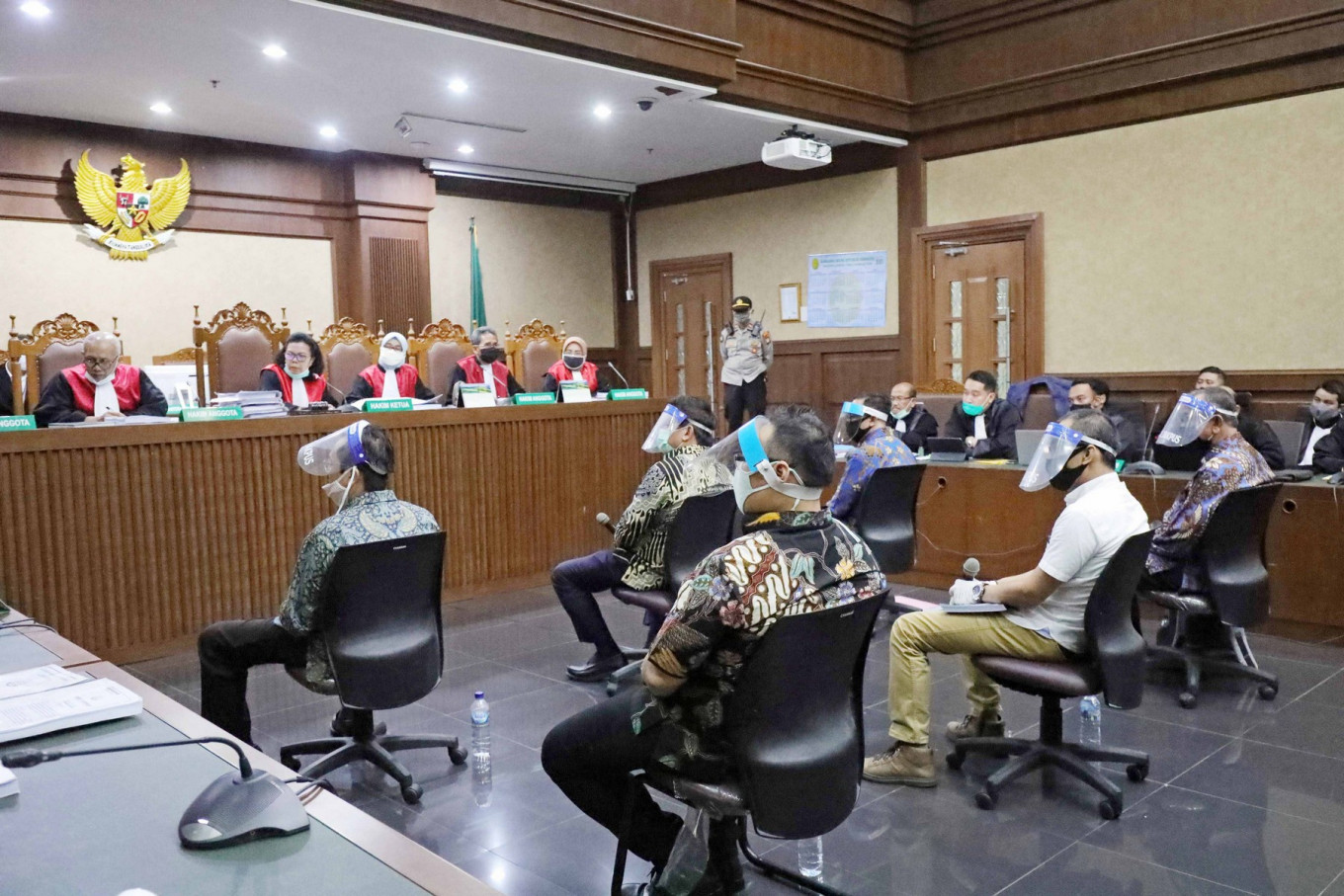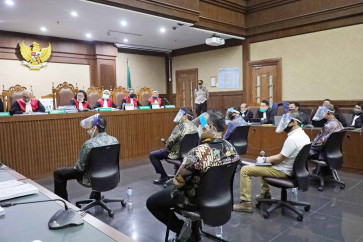Popular Reads
Top Results
Can't find what you're looking for?
View all search resultsPopular Reads
Top Results
Can't find what you're looking for?
View all search resultsAre we friend or foe in the fight against financial crime?
We need to take a stance against financial crime, no matter how innocuous it may seem at a glance, as it affects the general public at large.
Change text size
Gift Premium Articles
to Anyone
A
ccording to the International Compliance Association (ICA), it is possible to divide financial crime into two types: They are dishonest activities that either generate wealth or protect existing illicit gains.
Based on this broad definition, financial crime covers a wide range of offenses including fraud, corruption, market abuse, embezzlement, piracy, money laundering and terrorism financing.
The 2020 Global Study on Occupational Fraud and Abuse report from the Association of Certified Fraud Examiners (ACFE) shows that 2,504 cases of financial crime in 125 countries caused total losses of US$3.6 billion. Considering the complexity and detrimental extent of these crimes, relevant stakeholders should unite in the fight against financial crime. These include government, financial institutions and the general public.
The government holds a leading role as it wields the authority to issue laws and establish the commissions and task forces that enforce the laws and combat the crime. The recent crackdown on illegal money lending activities and the life sentence handed to the convicted corruptors in the Jiwasraya graft scandal demonstrates the government’s hard-line stance against financial crime.
However, despite these efforts, Transparency International ranked Indonesia 102th out of the 180 countries surveyed for the 2020 Corruption Perception Index (CPI). This shows that there is still room for improvement.
Financial institutions, especially banks, are vulnerable to being targeted or used as an instrument to commit financial crimes. Consequently, banks must adhere to the regulations on financial crimes of the Financial Services Authority (OJK) in doing business. These are the OJK regulations on Implementation of the Antifraud Strategy for Commercial Banks and on Implementation of the Anti-money Laundering (AML) and Terrorism Financing Prevention Programs.
The antifraud regulation provides that fraud is an act that deceives or manipulates a party so that it or others suffer losses and/or the perpetrators make financial gains. In order to prevent this, banks are expected to implement antifraud strategies and improve their capacity in mitigating fraud risk. Failing to do so will result in administrative sanctions and the bank could be liable for any resulting losses.



















